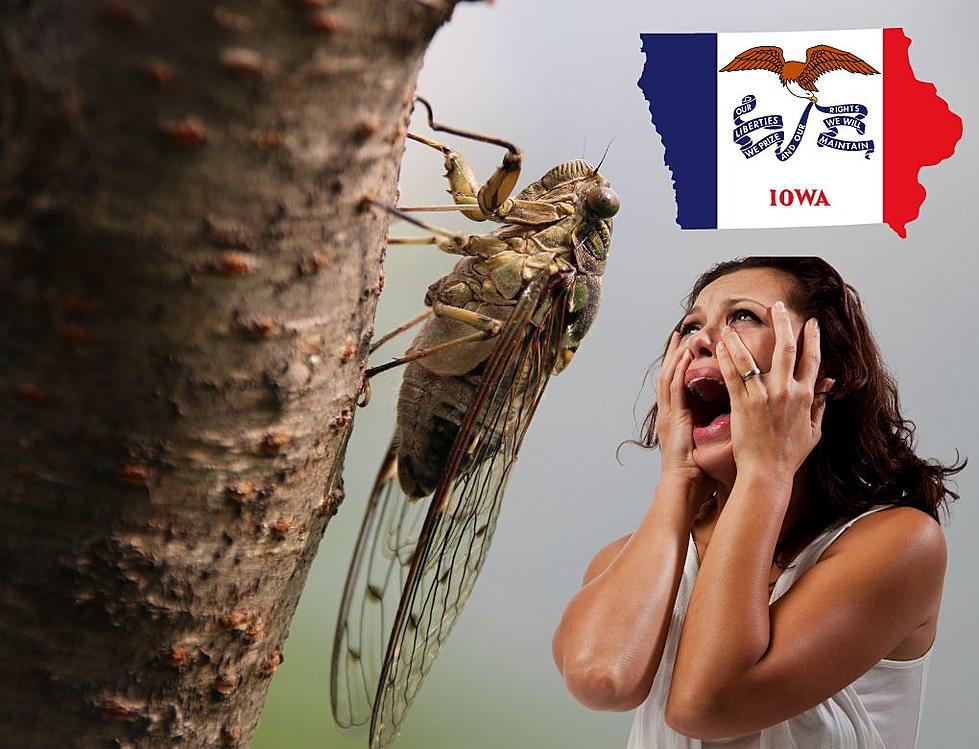
Eastern Iowa Café Hasn’t Been Testing Its Tap Water Enough
A restaurant in the small town of Nichols Iowa is not testing its water as frequently as it should be.
In an article by the Iowa Capitol Dispatch, Newt’s Café is required to test the water it serves customers daily because water from its shallow well has had excess levels of nitrate concentrations. The contaminant is thought to come from a nearby agricultural business that has sold fertilizers and other farm chemicals.
While nitrate can naturally occur in groundwater, it also can seep into waterways from fertilizers.
The café does have a treatment system that has been effective in reducing nitrate concentrations to levels the federal government has deemed safe, however, they are still required to test the water. This inadequate testing has been going on for over three years.
The DNR has documents of testing violations dating back to 2017.
How Bad is Nitrate Contamination?
Nitrate is an oxidized form of dissolved nitrogen that is used by plants to grow. It can be formed naturally in the ground and when land is excessively farmed it breaks up. This can lead farmers to turn to nitrogen fertilizers to replenish the nutrient.

However, just because nitrate is good for plants doesn’t mean it is good for people. According to the Water Education Foundation, high levels can harm the respiratory and reproductive system, kidney, spleen, and thyroid in children and adults. It is also very harmful to infants.
Nitrate In Iowa Drinking Water
A study by EWG looked at the levels of nitrate in Iowa’s drinking water between 2003 and 2017. In that time, tests detected elevated levels of nitrate (3 milligrams per liter or mg/l) in tap water supplies of 236 towns and cities in Iowa. The study also found that contamination was getting worse in 126 of these communities.
Between 2003 and 2017, the study found that the average nitrate contamination also increased in communities by 29 percent. In 2003, the average was 3.66 mg/l and by 2017 that number rose to 4.71 mg/l.
LOOK: Iowa's 12 Smallest Towns That You Could Blink and Miss
Small Town Iowa: Road Trip to Pella - Photos
More From AM 950 KOEL
![John Deere’s Biggest Tractor Will Be Built In Waterloo [PHOTOS]](http://townsquare.media/site/726/files/2024/02/attachment-Waterloo-Tractor-1.jpg?w=980&q=75)
![Eastern Iowa FFA Chapter’s ‘Tractor’ Video Goes Viral [WATCH]](http://townsquare.media/site/675/files/2024/02/attachment-tractors.jpg?w=980&q=75)




![Game-Changer Alert: ISU’s Viral Pork Campaign Just Got Even Better [WATCH]](http://townsquare.media/site/726/files/2023/11/attachment-cook-moore-hamman.jpg?w=980&q=75)


